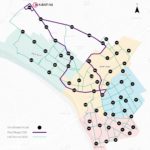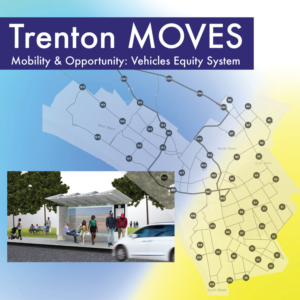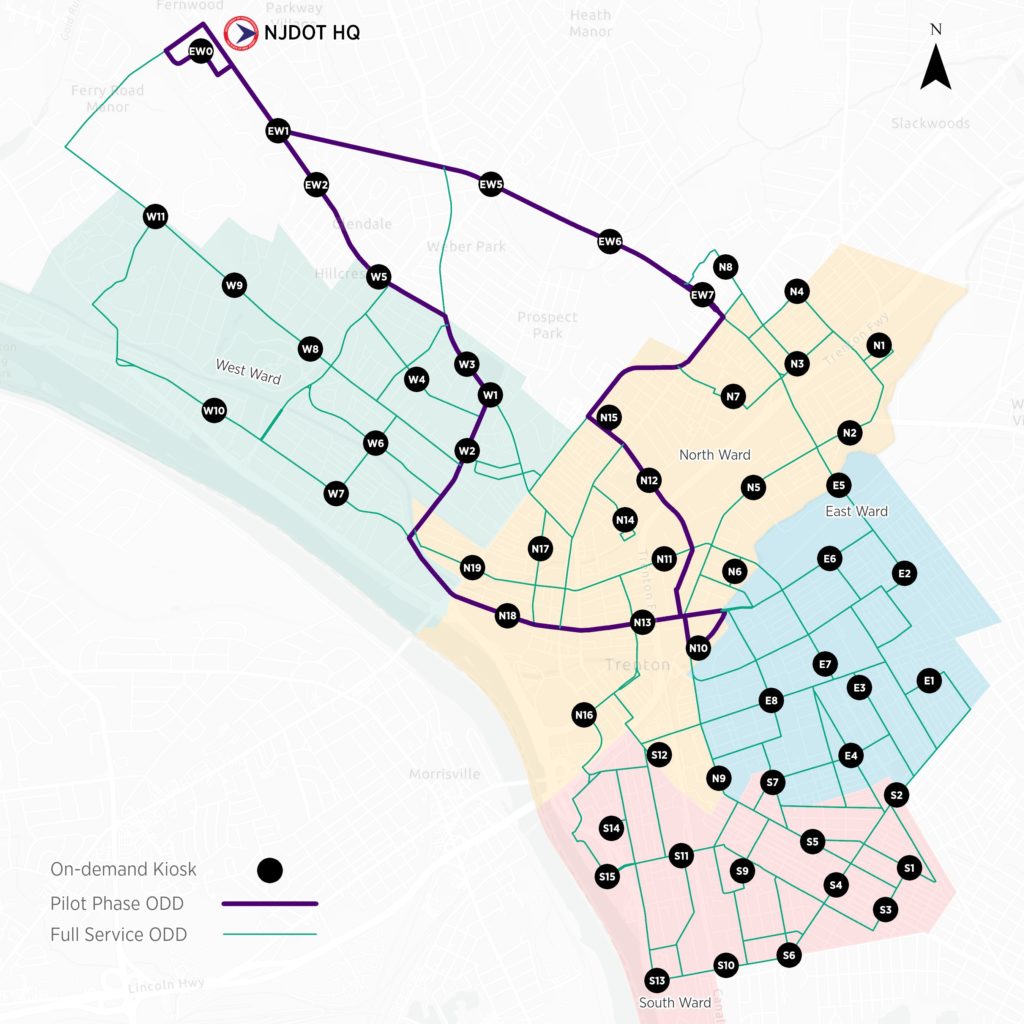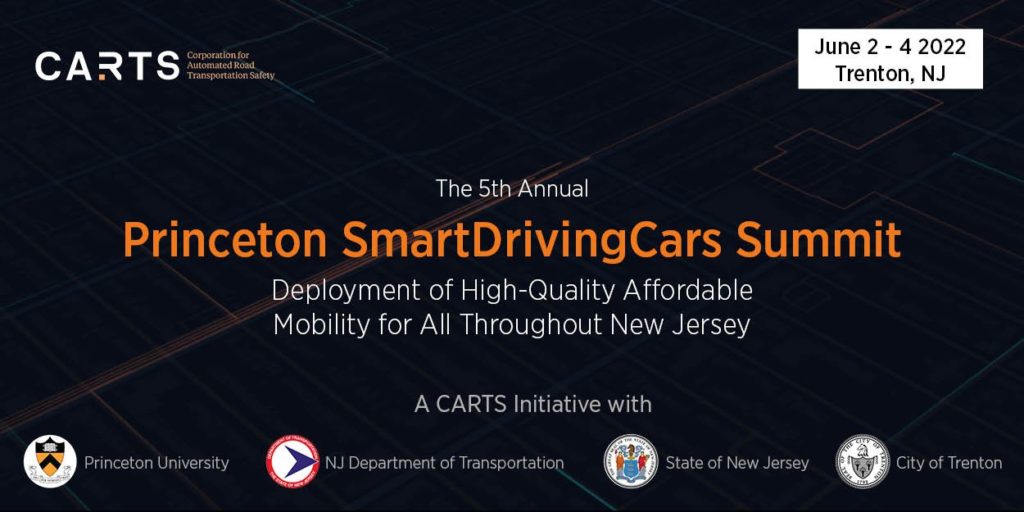At the 2023 NJDOT Research Showcase, New Jersey Transportation Commissioner Diane Gutierrez-Scaccetti “appealed to attendees to advance community-centered transportation and to commit to considering the needs of ALICE (Asset Limited, Income Constrained, Employed) persons when devising research questions and in carrying out their day-to-day activities with the goal of planning, building and maintaining a more safe, equitable and sustainable transportation system.” Gutierrez-Scaccetti has repeatedly said that she “drives with ALICE” in mind, but that ALICE would rather drive by herself. On Jan. 30, 2023, Gutierrez-Scaccetti spoke at the National ALICE Summit on Navigating the ALICE Highway: A Multistate Transportation System by 2030.
In recognition of the Commissioner’s emphasis on getting to better know who ALICE is, the NJDOT Research Library has done a quick research of resources related to the mobility of low-income households and the ALICE project at The United Way. These are included below:
United Way of Northern New Jersey operates the website United for ALICE, which maintains research pages for “partner states” (28 states, including New Jersey, plus the District of Columbia). United Way of Northern New Jersey (then known as United Way of Morris County) released its first ALICE report in 2009.

The October 2023 NCHRP Research Results Digest, Collective and Individual Actions to Envision and Realize the Next Era of America’s Transportation Infrastructure: Phase 1, includes this background on ALICE households: “Economic growth and prosperity have not been spread evenly across the United States. About 13 percent of households earn incomes below the poverty line and an additional 29 percent are considered to be asset-limited, income-constrained, and employed (ALICE)…. The average household spends 16 percent of total expenditures on transportation—the second biggest cost after housing…. Significant numbers of Americans have limited access to health care, education, fresh food, or high-speed Internet.”
In 2018, New Jersey Governor Phil Murphy cited “more than one million [ALICE] families” in New Jersey as the impetus to raise the state’s minimum wage to $15 per hour. In 2024, New Jersey’s minimum wage will surpass $15 for the first time.
A November 2023 article from the journal Social Science & Medicine laments the fact that public health studies have not used ALICE data.
The Mackinac Center for Public Policy takes an opposite tack in its criticism. It issued a 2021 report, An Assessment of ALICE: A Misleading Measure of Poverty. “Unfortunately, United Way’s research on this issue is methodologically flawed, misleading and does not help inform the public or policymakers about how to help these households,” the authors write. The Mackinac Center for Public Policy describes itself as “a nonprofit research and educational institute that advances the principles of free markets and limited government.”
United for ALICE states that it provides “unbiased data that is replicable, easily updated on a regular basis, and sensitive to local context,” and that its published measures provide a better picture of “the number of households that are struggling in each county in a state,” compared with the Federal Poverty Level. United for ALICE’s most recent research methodology report was published in April 2023.
Transportation research on low-income individuals can be found via the TRID and ROSA-P databases.
The following are some relevant articles on the topic, curated by the NJDOT Research Library:
- Abelson, Miriam, García, Ivis, Khan, Sadika, Lubitow, Amy, Puczkowskyj, Nicholas, & Zapata, Marisa. (August 2023). Marginalized Populations’ Access to Transit: Journeys from Home and Work to Transit. National Institute for Transportation and Communities.
- Alfaris, Ruqaya Emad, & Jalayer, Mohammad. (2023). Assessment of the First-and-Last-Mile Problem in Underserved Communities: Case Study in Camden City, NJ. Transportation Research Record, 2677(10), 153-166.
- Brown, Anne, Klein, Nicholas J., Smart, Michael J., & Howell, Amanda. (2022). Buying Access One Trip at a Time: Lower-Income Households and Ride-Hail. Journal of the American Planning Association, 88(4), 495-507.
- Dumbaugh, Eric, Stiles, Jonathan, Mitsova, Diana, & Saha, Dibakar. (2023). The Most Vulnerable User: Examining the Role of Income, Race, and the Built Environment on Pedestrian Injuries and Deaths. Transportation Research Record.
- Elgart, Zachary. (May 2023). Evaluating Metrics and Performance to Advance Transportation Equity. Minnesota. Department of Transportation. Office of Research & Innovation.
- Elgart, Zachary, Hansen, Todd, Sener, Ipek, Cardenas, James, Ettelman, Ben, & Mahmoudzadeh, Ahmadreza. (March 2023). Qualitative and Quantitative Analysis to Advance Transportation. Minnesota. Department of Transportation. Office of Research & Innovation.
- Ghimire, Subid, & Bardaka, Eleni. (2023). Active Travel Among Carless and Car-Owning Low-Income Populations in the United States. Transportation Research Part D: Transport and Environment, 117.
- Klein, Nicholas J., Basu, Rounaq, & Smart, Michael J. (2023). Transitions into and out of Car Ownership among Low-Income Households in the United States. Journal of Planning Education and Research.
- King, David A., Smart, Michael J., & Manville, Michael. (2022). The Poverty of the Carless: Toward Universal Auto Access. Journal of Planning Education and Research, 42(3), 464-481.
- Liu, Cathy Yang, & Zhao, Jerry Zhirong. (2023). Transit Investment and Income Inequality in U.S. Metropolitan Areas. Journal of Planning Education and Research.
Current research projects into the topic of serving low-income populations include these:
- Is Transit-Oriented Development Affordable for Low- and Moderate-income Households (in Terms of Housing and Transportation)? Center for Equitable Transit-Oriented Communities (CETOC).
- Understanding Transit User Experience and Expectations in Under-served Communities. Center for Equitable Transit-Oriented Communities (CETOC).
- Incorporating Equity in the Transportation Planning Process. Washington State Department of Transportation
- Precarious Car Ownership Among Low-Income Households. Center for Transportation, Environment, and Community Health
- EQUIty Driven Data Analysis for Public Transportation Planning (EQUIP). Center for Transportation, Environment, and Community Health.
Please contact the NJDOT research librarian, Eric Schwarz, MSLIS, at (609) 963-1898, or email at library@dot.nj.gov for assistance on how to expand your search to projects, or retrieve these or other publications.





